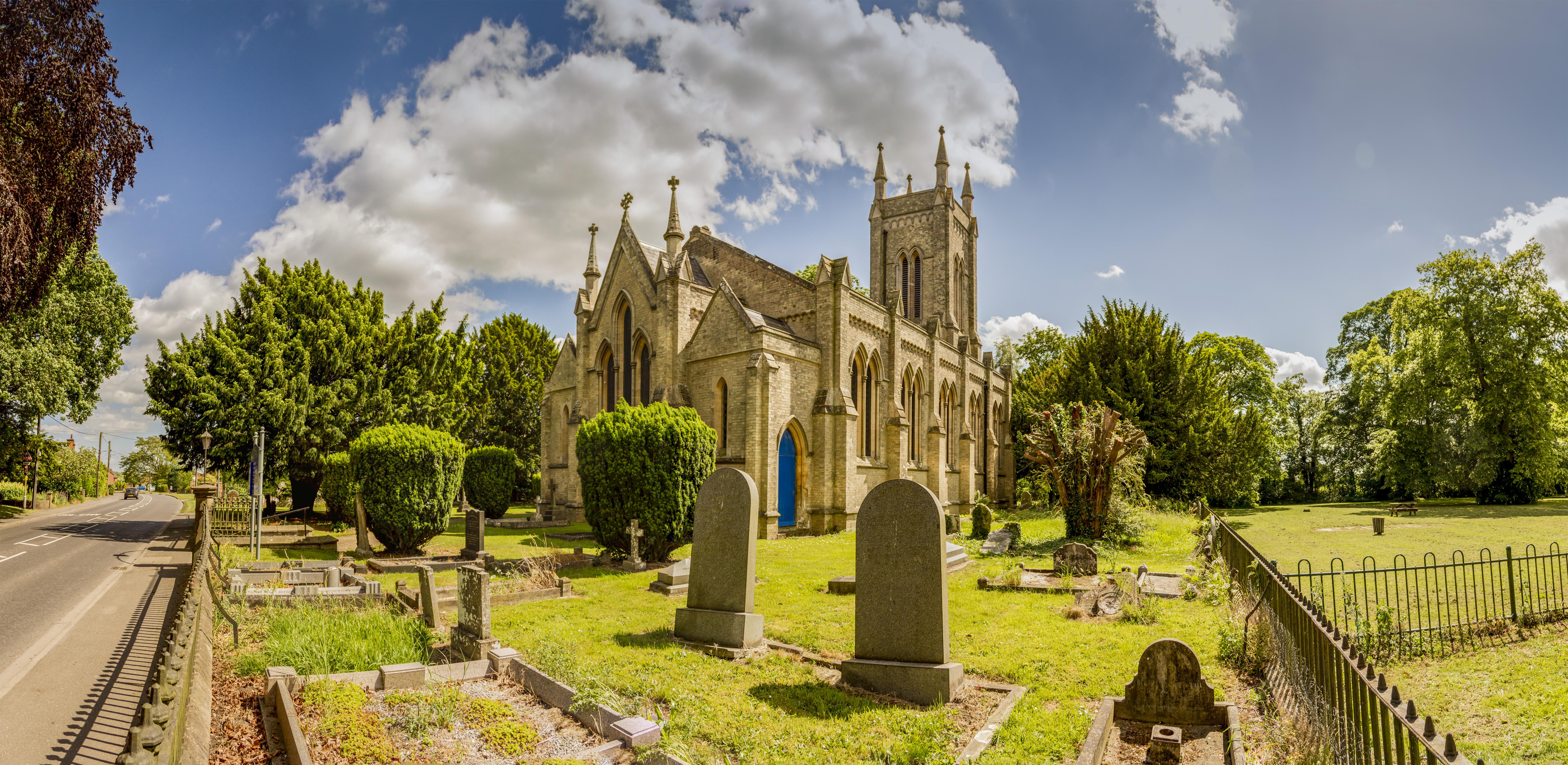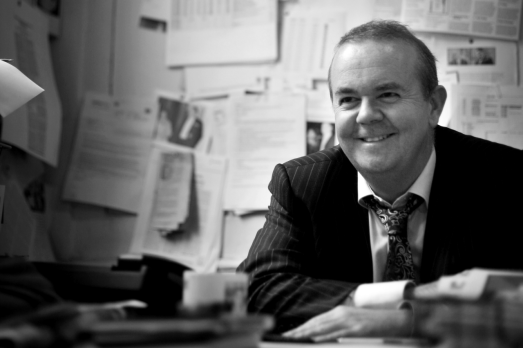
Leave a gift in your will guidance notes
How to make a start in leaving a gift in your Will
The National Churches Trust is the UK charity dedicated to the repair and support of churches, chapels and meeting houses. Remembering us in your Will helps us to keep these precious buildings alive for generations to come.
Your Will allows you to decide who you would like to receive your assets and possessions. In order to write a Will, we suggest you contact a local solicitor who can help you and ensure that there will be no complications. The Law Society’s website is a good source of information for locating a solicitor in your area.
A gift of 1% of your estate will help to save our nation’s rich heritage of churches and chapels.
Before you visit the solicitor
Before your meeting it is a good idea to list your assets and any liabilities. For example: bank accounts, property, insurance policies, specific items of value and any debts, mortgages or loans you may have. You also need to decide who you would like to be your Executor. This is the person that ensures that your wishes are carried out properly. You could appoint a family member, friend or your solicitor, and it does not matter if the Executor benefits from a gift in your Will.

A legacy for the future
"I’m extremely touched by the thoughtfulness of the many people who, in a world of competing charity requests, have recognised the pressing needs of places of worship. Today we need to ensure that they get the funding they need to carry out repairs, maintenance and renovations to remain at the heart of local communities."
Andrew Smyth, Legacies Officer, National Churches Trust
Types of gift (or bequest)
There are two main ways of leaving gifts in your Will.
Pecuniary gifts are a straightforward cash gift of a specific amount of money. If you would like to leave a pecuniary gift to the National Churches Trust you may find the following wording helpful: “I give to the National Churches Trust of 7 Tufton Street, London SW1P 3QB, registered charity number 1119845 the sum of £.....”
A residuary legacy is a percentage sum of your estate, so after all individual gifts have been allocated the remainder of your assets can be divided up on this basis. The benefit of residuary legacies is that the value is not affected by inflation as there is no fixed sum. As the value of your estate increases, so will the value of your legacy. If this is what you would like to do the following wording might be helpful: “I give all (or a .....% share) of the residue of my estate to the National Churches Trust of 7 Tufton Street, London SW1P 3QB, registered charity number 1119845.”
Changing your Will
If you have already made your Will and wish to change any part of it you need to add a codicil. This is a form that is added into your Will and reflects any changes to your circumstances. You can download a codicil form below, or you can contact us and we will send you a copy.

How legacies help our work
When churches need to raise money for major repairs or adding a community cafe they can rarely raise all the funds locally. Through our national grants committee we can direct legacy income to where it is most needed – we are a national resource locally delivered. In 2020 we were able to award grants totalling £1.7million, helping to enable 259 projects, at places of worship in England, Scotland, Wales and Northern Ireland.
See the churches we have helpedI’ve decided I would like to leave you a gift – what now?
If you have decided to support us, we would be grateful if you could let us know. Not only does this allow us to thank you in your lifetime but it helps us to plan our work with confidence. As a small charity we like to connect with our supporters, and would be delighted to invite you to see our work in action on exclusive church tours and special events.
Please feel free to contact our Chief Executive, Claire Walker in confidence and with no obligation during office hours.
We will do our best to answer your questions, but for all legal advice we recommend that you consult a solicitor.

Some gifts are easily forgotten. Yours will last for generations.
“In the old days the churches used to worry about saving us. Now we have to worry about saving them. I am delighted that the National Churches Trust will be taking on the task for the future."
Ian Hislop, writer and broadcaster
